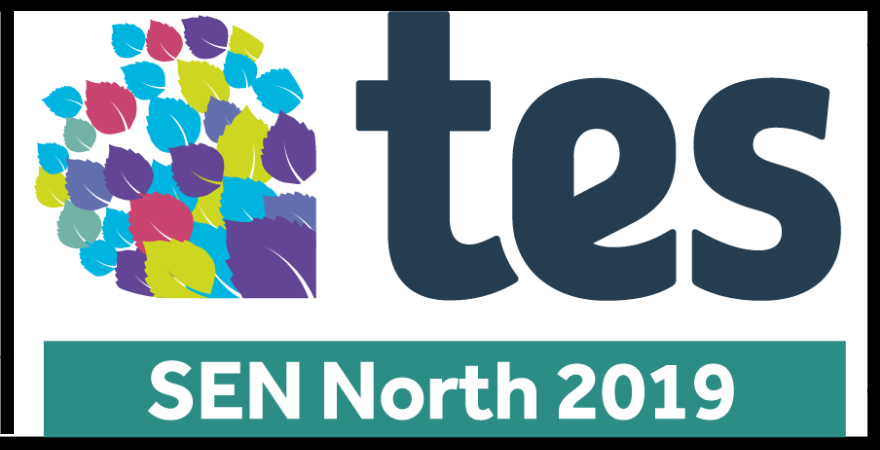
Friday 10th May saw the launch of TES SEN Show North in Manchester allowing professionals in the SEND sector to meet, attend seminars and visit exhibitors covering the latest issues.
This year the Keynote Panel Discussion focused on exclusions and the school system – a hot topic since the Timpson review was published earlier this month. Panel speakers included clinical psychologist Dr Asha Patel, SEN advisor to the Department for Education Andre Imich, Judy Shaw President of the National Association of Head Teachers (NAHT) and Michael Barton, data analyst and author, diagnosed with high functioning Asperger Syndrome.
Analysing the key findings of the report Andre Imich summarised that 78% of expelled pupils either had SEN, were eligible for free school meals or ‘in need’. He also highlighted the variability of exclusion rates amongst schools; for example in 2016/17 85% of schools did not issue any permanent exclusions whilst 0.2% of schools (all of these secondary), issued more than 10. Unauthorised temporary exclusions, although illegal, were still being used but were simply treating the symptoms not addressing the causes of poor behaviour.
Michael Barton, data analyst and author spoke about life from the perspective of a student with Asperger Syndrome in mainstream education. Whilst it was statistically more likely for a student with SEN, in particular Autism, to be excluded, if the appropriate support is given students can thrive and become successful. If those working in schools received training covering SEN issues they may understand the needs of those presenting difficult behaviour and tackle this differently.
Judy Shaw highlighted the pressure faced by schools working with challenging students and the challenge of securing sufficient resources to support them. It is important to have systems and policies in place to ensure good behaviour however these must be applied intelligently. Those that need extra support should be identified and possible solutions found before permanent exclusion is even considered as an option.
From the point of view of a Clinical Psychologist early intervention is key. Dr Patel stressed the importance of identifying additional needs in early education and working in close partnership with parents. Language and practice often needs to change to foster a more therapeutic school environment. Whilst the child is key it is very important to protect the mental health of those working with them. Sometimes exclusions offer teaching staff respite and whilst they should only be used as a last resort there are students that need to go through the process of permanent exclusion for their needs to be met.
The following issues were raised in the Q&A session and answers are summarised below
There is so much variability of resources and support in different local authority (LA) areas. Why were there so many inconsistencies in LA support?
Local Authorities operate budgets individually and arrangements for specialist services are different. It is vital to ensure a consistent approach to the availability of services however and it is clearly unacceptable for there to be such differences in one area to another. It is clear that Local Authorities, schools and providers of Alternative Provision need to work in partnership with each other and guidance on exclusions is consistent which the government has responded will occur.
What do you think of schools that informally exclude students (part time hours)?
Allowing unauthorised exclusions to occur is unacceptable and must be discouraged. It is important for members of the teaching profession not to tolerate this and if this practice occurs this must be flagged with the LA. There are some head teachers that are not clear that this practice must not happen and it is important that clear guidelines for exclusions are given. Sector experts are working to rewrite guidance (on exclusions, behaviour and discipline) by Summer 2020.
There is a lot of discussion about zero tolerance policies but also about inclusion. How do we bridge that gap?
There are a lot of mixed messages about the two concepts. Zero tolerance policies must take into account the needs of each individual. Managing risk and intervening at an earlier stage is the key to keeping a school inclusive.
View the consultation outcomes of the School Exclusions Review here
